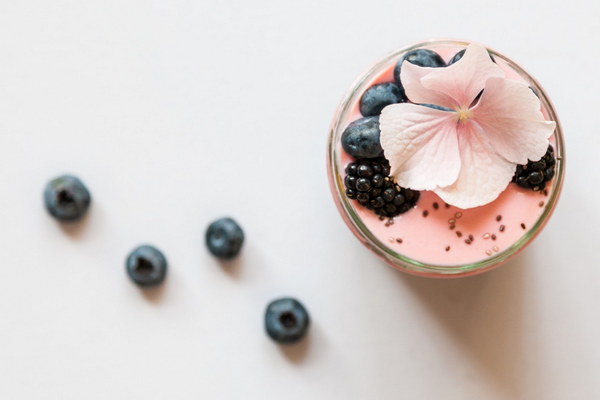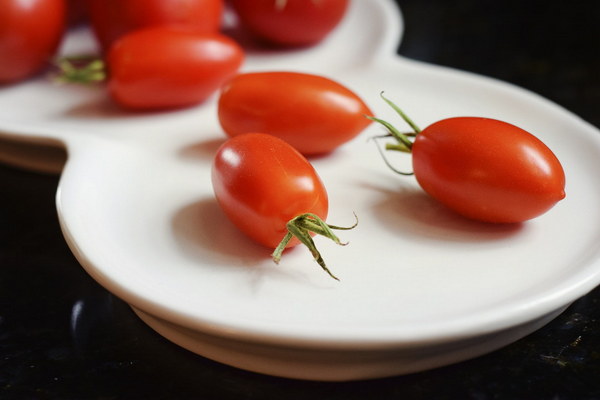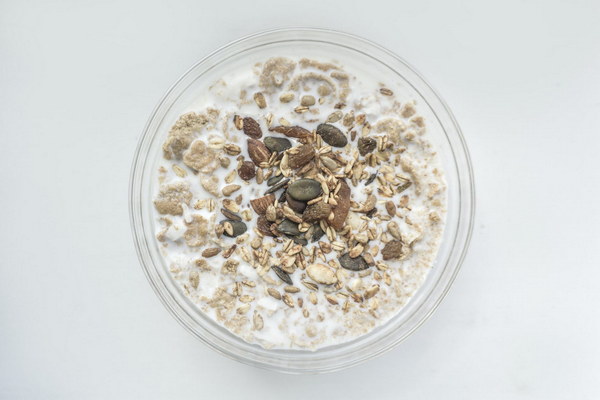Eczema on Hands Nutritional Therapies for Relief and Healing
Eczema on hands can be an incredibly challenging condition to manage, causing discomfort, pain, and significant impact on daily activities. While medical treatments and skincare routines are essential, incorporating a nutritional approach to managing hand eczema can be equally beneficial. This article explores the various dietary changes and food choices that can help alleviate symptoms and promote healing.
1. Omega-3 Fatty Acids
Omega-3 fatty acids are well-known for their anti-inflammatory properties and have been shown to reduce symptoms of eczema. Foods rich in omega-3s include fatty fish (such as salmon, mackerel, and sardines), flaxseeds, chia seeds, walnuts, and hemp seeds. Including these foods in your diet can help reduce inflammation and improve skin health.
2. Probiotics

Probiotics are beneficial bacteria that support a healthy gut flora. A balanced gut microbiome is essential for maintaining skin health, as it can help regulate the immune system and reduce inflammation. Foods high in probiotics include yogurt, kefir, sauerkraut, kimchi, and kombucha. Adding these to your diet can help alleviate hand eczema symptoms.
3. Antioxidants
Antioxidants protect the body against free radicals, which can damage skin cells and exacerbate eczema symptoms. Foods rich in antioxidants include berries (such as blueberries, strawberries, and raspberries), dark chocolate, green leafy vegetables, nuts, and seeds. Incorporating these foods into your diet can help improve skin health and reduce inflammation.
4. Vitamin E
Vitamin E is an essential nutrient that helps protect the skin from environmental stressors and supports skin repair. Foods high in vitamin E include almonds, sunflower seeds, hazelnuts, spinach, and avocados. Including these in your diet can help reduce eczema symptoms and improve skin health.
5. Vitamin D
Vitamin D plays a crucial role in maintaining healthy skin and reducing inflammation. Foods rich in vitamin D include fatty fish (such as salmon, mackerel, and sardines), egg yolks, and fortified foods like milk and orange juice. Sunlight is also a significant source of vitamin D, so spending time outdoors can be beneficial. Ensuring you have adequate vitamin D levels can help manage hand eczema symptoms.
6. Hydration
Staying hydrated is essential for maintaining healthy skin. Drinking plenty of water throughout the day helps keep your skin moisturized and can reduce symptoms of eczema. Aim to drink at least eight glasses of water daily, and consider adding slices of lemon or cucumber to your water for added flavor.
7. Avoiding Certain Foods
While there is no one-size-fits-all diet for hand eczema, some individuals may find that certain foods exacerbate their symptoms. Common allergens and irritants include dairy products, eggs, nuts, wheat, and soy. It may be helpful to keep a food diary and identify any potential triggers in your diet. Consulting with a healthcare professional or a registered dietitian can provide personalized guidance on dietary adjustments.
In conclusion, incorporating a balanced and nutritious diet can significantly improve the management of hand eczema. By focusing on omega-3 fatty acids, probiotics, antioxidants, vitamin E, vitamin D, and staying hydrated, you can help reduce inflammation and promote healing. Additionally, being mindful of potential food triggers can further enhance your dietary approach to managing hand eczema. Remember, it's essential to work with a healthcare professional to tailor your nutritional plan to your individual needs.









